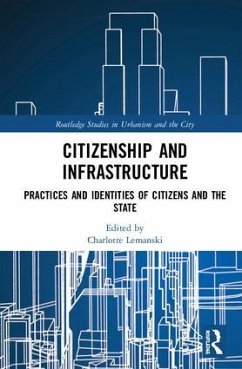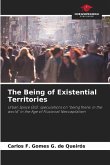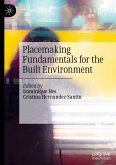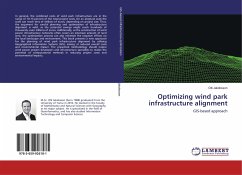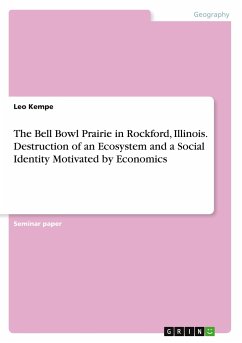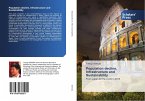This book brings together insights from leading urban scholars and explicitly develops the connections between infrastructure and citizenship. It demonstrates the ways in which adopting an 'infrastructural citizenship' lens illuminates a broader understanding of the material and civic nature of urban life for both citizens and the state. Drawing on examples of housing, water, electricity and sanitation across Africa and Asia, chapters reveal the ways in which exploring citizenship through an infrastructural lens, and infrastructure through a citizenship lens, allows us to better understand, plan and govern city life. The book emphasises the importance of acknowledging and understanding the dialectic relationship between infrastructure and citizenship for urban theory and practice. This book will be a useful resource for researchers and students within Urban Studies, Geography, Development Studies, Planning, Politics, Architecture and Sociology.
Hinweis: Dieser Artikel kann nur an eine deutsche Lieferadresse ausgeliefert werden.
Hinweis: Dieser Artikel kann nur an eine deutsche Lieferadresse ausgeliefert werden.

